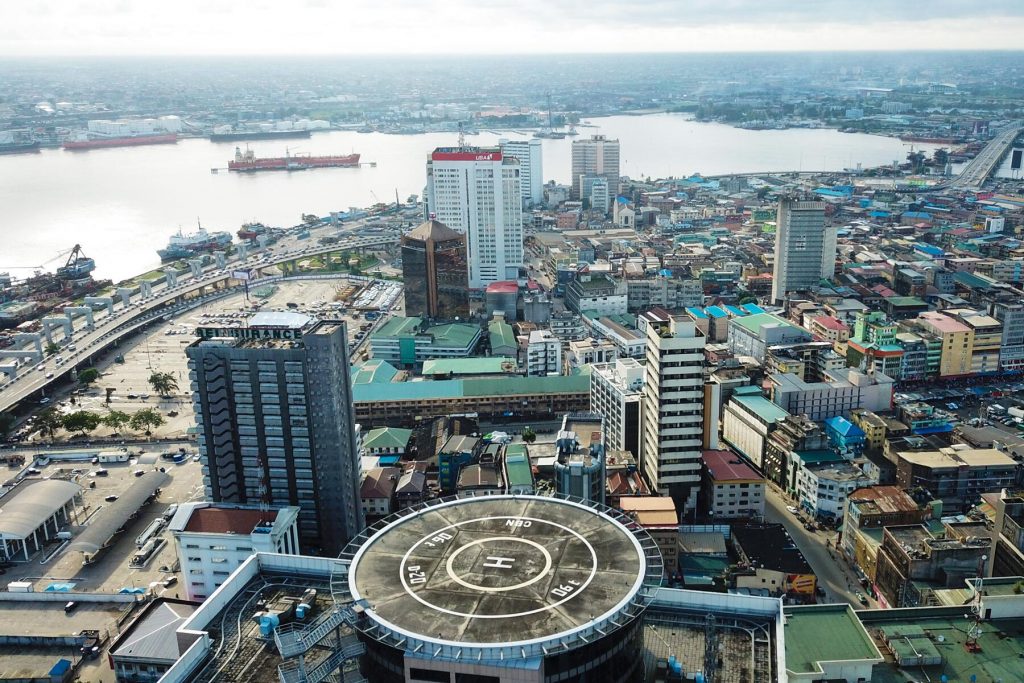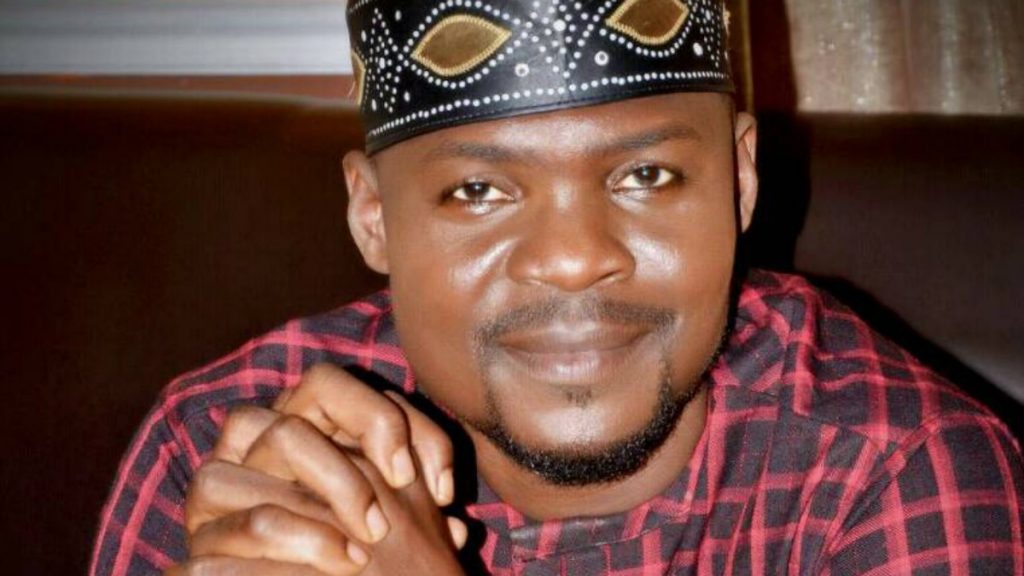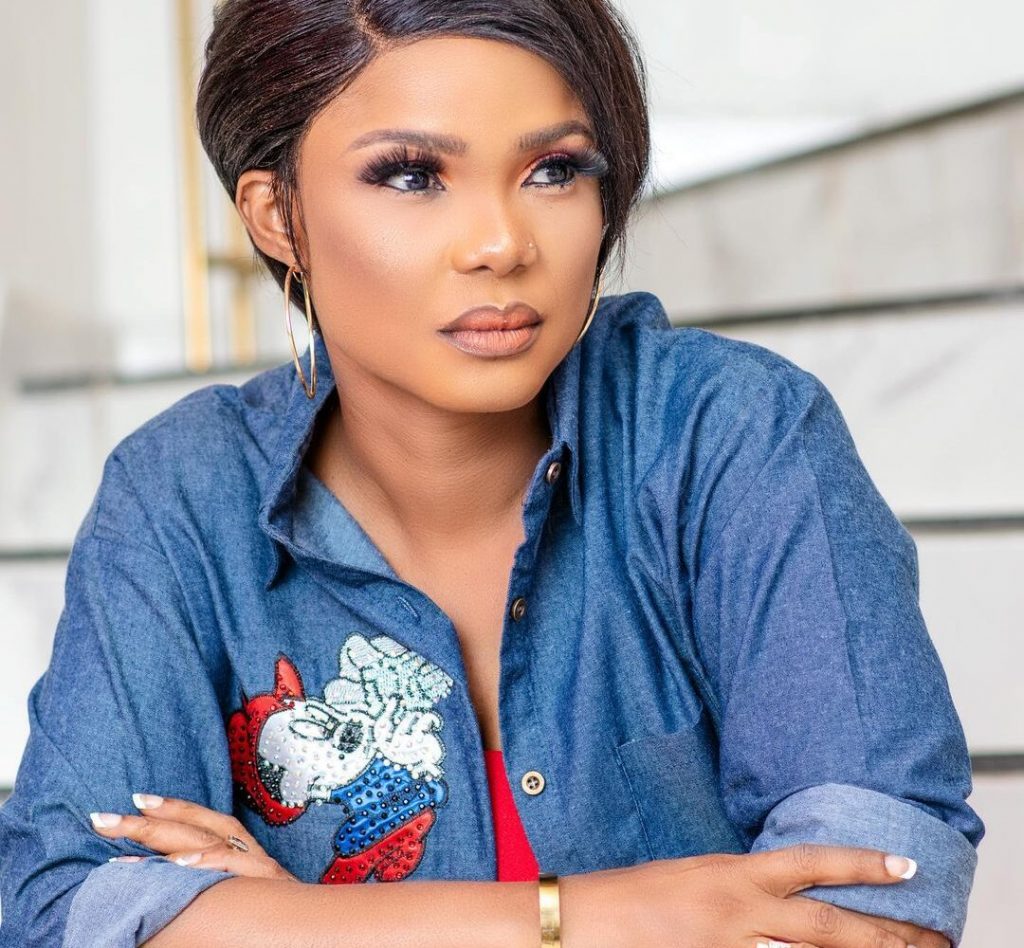By Elsie Godwin
A few days ago, a colleague was riding with me when I remarked that I will do anything to ensure that my child does not have to go through some of the hardships that play out in Nigeria on a regular basis. Nigeria is a beautiful country, one that I love, but we have our challenges. These challenges are even more frustrating when you know that Nigeria possesses enormous potential. Things that are meant to be seamless become difficult for some and unattainable for many, due to inefficiency and a deep-rooted culture of mediocrity.

On May 4, 2021, I was anchoring a conversation on television. The title of the topic on which the conversation was hinged was “The Nigeria Woman: Her Safety And Her Future”, and it was relevant at the time because the news of Nollywood actor Baba Ijesha defiling a child was making the rounds. During the show, I asked my guest co-anchor, Fola Folayan, , if we could say that progress had been made in respect of how Nigerians react to rape allegations since the case involving Pastor Biodun Fatoyinbo and Nigerian photographer Busola Dakolo. His response was “yes, and no”.
I have followed the Baba Ijesha case, reported it on my television show, and watched the drama that this delicate case has caused within the indigenous Yoruba wing of the Nollywood industry in dismay with a heavy heart. Many people won’t admit it, but I can tell you for a fact that the general reaction to the Baba Ijesha case, which has involved a lot of victim-blaming and gaslighting, is the real representation of Nigeria when it comes to how we treat cases of defilement, sexual harassment, sexual assault and rape.

Human nature is designed to revert to what it considers “normal” and whenever anything or anyone attempts to bring about change, the first thing you will notice is resistance.
The Nollywood industry shapes culture as well as the mindsets of people. Storytelling, which is the soul of filmmaking, is so powerful that it can define what we see as “normal”.
The indigenous Yoruba wing of the Nollywood movie industry caters to the South-West region of Nigeria which comprises of Lagos, Ekiti, Ogun, Ondo, Osun and Oyo states. Estimated to have a total population of about 60million, this region houses two of Nigeria’s largest cities: Lagos and Ibadan. Many culture influencers have called for the use of storytelling in film to re-shape our general disposition to the violation of women and children. However, these calls have fallen on deaf ears, as movie makers in this region consistently produce films that re-enforce rape culture. We have weaponized “family values” and “respect” to enable sexual predators walk around with impunity. Wives protect their pedophile husbands as they rape and defile their (step) daughters, and families protect uncles who rape their nieces. Even women are strong allies of rape apologists.
The indigenous Yoruba wing of the Nollywood movie industry caters to the South-West region of Nigeria which comprises of Lagos, Ekiti, Ogun, Ondo, Osun and Oyo states. Estimated to have a total population of about 60million, this region houses two of Nigeria’s largest cities: Lagos and Ibadan. Many culture influencers have called for the use of storytelling in film to re-shape our general disposition to the violation of women and children. However, these calls have fallen on deaf ears, as movie makers in this region consistently produce films that re-enforce rape culture. We have weaponized “family values” and “respect” to enable sexual predators walk around with impunity. Wives protect their pedophile husbands as they rape and defile their (step) daughters, and families protect uncles who rape their nieces. Even women are strong allies of rape apologists.
I wasn’t surprised when popular Yoruba actress Idowu Philip, widely known as ”Iya Rainbow”, who should be a mother, granted an interview to tell the world how she tried “pacify” Damilola Adekoya (popularly known as Princess) for four days to drop the case against Baba Ijesha. Bukky Black, another Yoruba Nollywood actress, a supposed mother figure, publicly defended and support Baba Ijesha, a man who had admitted to defiling a child!
It was hardly shocking to me when I learned that the leaders of TAMPAN ( Theatre Arts and Motion Pictures Practitioners Association of Nigeria) were more concerned about being “respected” than listening to the grievances of the women who have been vocal about the Baba Ijesha case. The Association has since prohibited its members from working with Iyabo Ojo and Nkechi Sunday Blessing, two actresses whose only crime was to speak up against the defilement of a child!

When injustice, rape, and other forms of sexual assault are subtly re-enforced through storytelling, and the younger demographic sees these vices as “normalized”, what do you think happens when children grow up to become decision-makers? If the gatekeepers of content that we consume decide to conduct themselves in a manner that tacitly shows support for sexual predators, then we have lost the plot.
In saner climes, a brand like Airtel would have put out a statement to distant itself from Iya Rainbow’s utterances, but the telecommunications company has kept mum. It’s hard to blame Airtel though: if Nigeria is fine with women and children being defiled, molested and raped, while observers chant “pa mi sile ma pami sita”, we shouldn’t expect a corporate brand to reason along opposite lines.
This is not by any means peculiar to the South-West region. In many ways, the Baba Ijesha case highlights the extent to which Nigeria, sadly, enables rape culture. Until we come together as a people to have the serious conversations and stop treating cases of sexual assault with kids’ gloves, our daughters will be at the mercy of demons. Women like Iyabo Ojo are the exception rather than the rule. Is there even any hope?
Elsie Godwin is a television anchor, social media influencer, lifestyle blogger and movie reviewer. She is the co-host of a TV shows called WAYS (What Are You Saying), which airs on Plus TV Africa. She also hosts a movie review show called “Reviews On The Couch” on her YouTube Channel.




